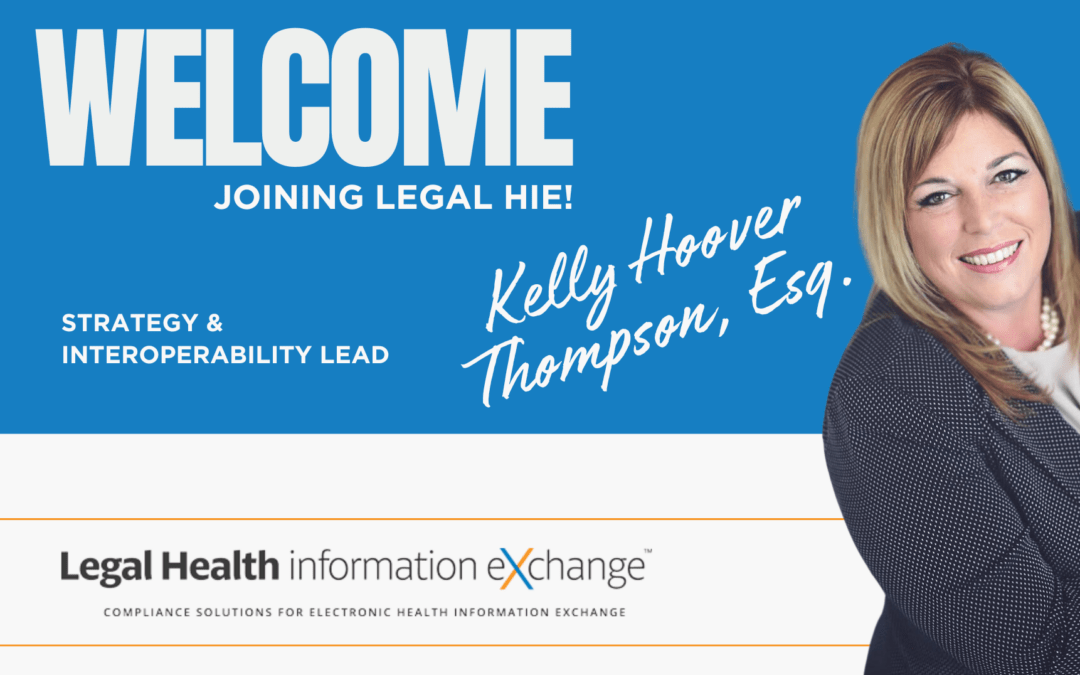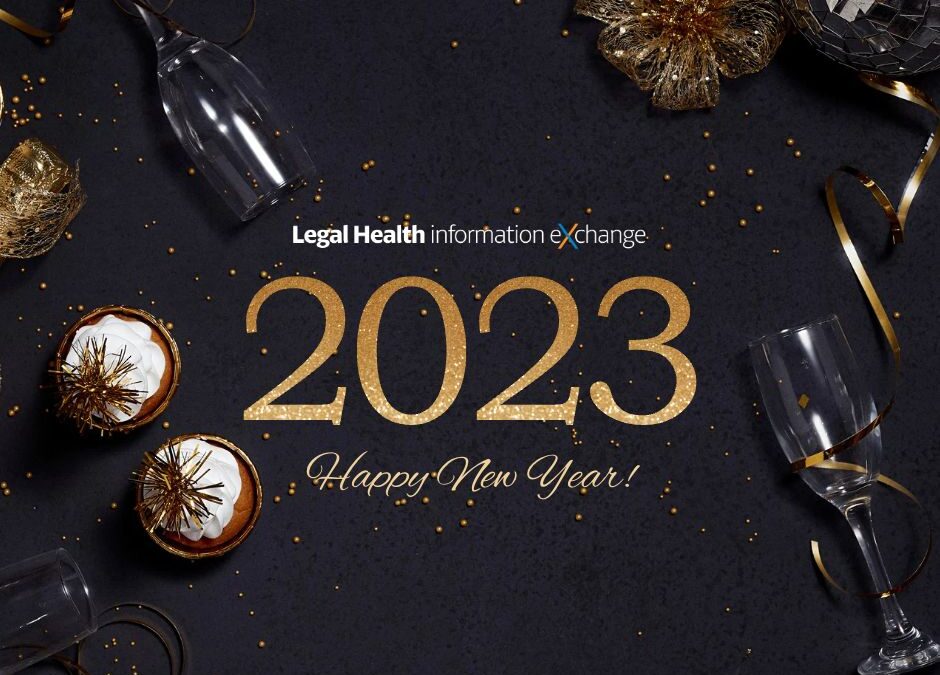Kelly Hoover Thompson has joined Legal HIE Solutions as its new Strategy & Interoperability Lead! Kelly is a powerhouse in healthcare law, interoperability, and transformation. She is the former CEO of SHIEC, and former Deputy Secretary at the Pennsylvania Department of Health, and services in numersou advisory and leadership roles, including for the CDC’s Center for Health Statistics Board, the National POLST Technology Committee, and UPMC’s Patient Safety Committee. Kelly has been at the forefront of shaping health IT, regulatory policy, and organizational development. Learn more about Kelly in today’s post!













